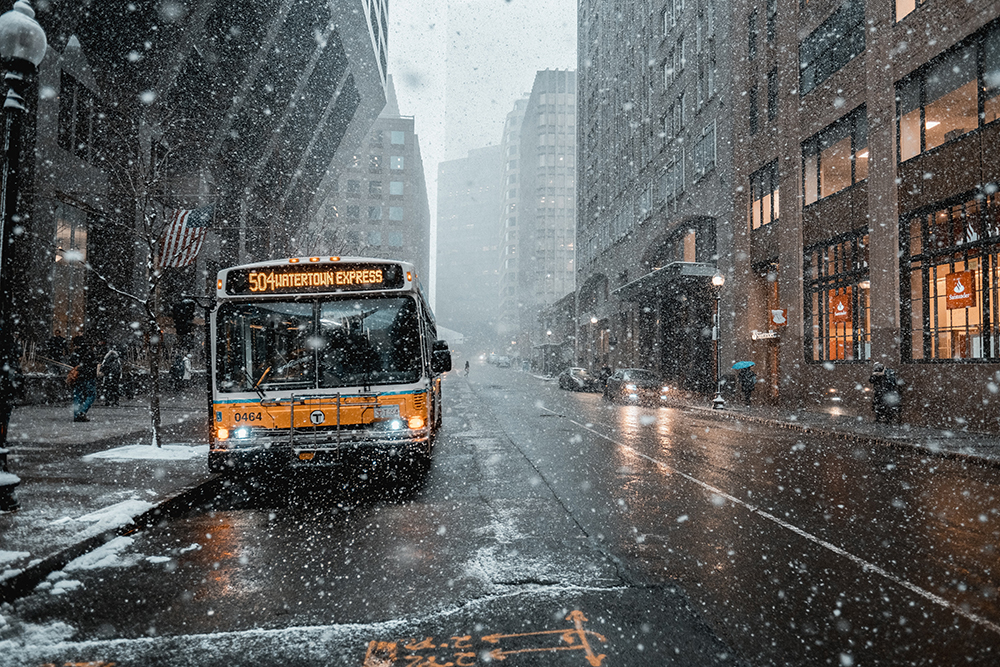As some European and Asian nations have started easing lockdowns due to the coronavirus pandemic, experts have warned that despite the economic pain, social distancing measures remain necessary until a vaccine is developed.
As some European and Asian nations have started easing lockdowns due to the coronavirus pandemic, experts have warned that despite the economic pain, social distancing measures remain necessary until a vaccine is developed.
Globally the virus has infected 3.7 million people and killed more than 260,000 – a quarter of them in the US.
So far, more than 73,000 Americans have died of Covid-19, and Tom Frieden, former director of the Centers for Disease Control and Prevention, predicted the US toll could top 100,000 by the end of May.
“Until we have an effective vaccine, unless something unexpected happens, our viral enemy will be with us for many months or years,” Mr Frieden told a congressional hearing.
The pandemic has hammered healthcare infrastructure in many parts of the United States, including New York City, and its impact has been particularly severe on the least privileged sections of American society, such as undocumented migrants.
US President Donald Trump renewed his criticism of China over the global coronavirus pandemic and said it has been worse for the United States than Pearl Harbor and 9/11.
In Europe, new coronavirus cases and fatalities have seen a leveling off recently, and many nations have started easing the lockdowns.
Despite the good news on the medical front, the economic outlook remained grim as the European Union forecast a historic recession, with a staggering 7.7% contraction this year.
Latest coronavirus stories
Governments are attempting economic revival by slowly lifting restrictions but trying to avoid a devastating second wave of infections.
Germany has unveiled plans for a return to near-normality, including sending students back to school this month and shops resuming business, but Spanish MPs extended a state of emergency keeping lockdown measures in place for at least two more weeks.
In Britain, which has second-highest number of deaths, Prime Minister Boris Johnson said some lockdown measures could be scaled back from next week, though he warned against moving too briskly.
“It would be an economic disaster for this country if we were to pursue a relaxation of these measures now in such a way as to trigger a second spike,” said Mr Johnson.
People eat at a street food restaurant in Bangkok with plastic dividers on the tables
In Russia, as the number of confirmed coronavirus cases reaches new highs, its official death toll remains remarkably low compared to other European countries.
Officials credit mass testing for identifying large numbers of people with only mild symptoms, but some say the discrepancy is due to how the death count is calculated.
“If someone dies of a heart attack but has been diagnosed with Covid-19, the official cause of death will be heart attack,” said Sergei Timonin from Moscow’s Higher School of Economics.
“It will only be at the end of May when the April statistics come out that we’ll see the true death count from COVID-19 in Russia,” he said.
As of yesterday, Russia ranked sixth in the world for virus cases with 165,929 confirmed infections. But it has reported only 1,537 deaths – a rate of 0.9% that is far lower than in the other top 10 countries.
By comparison, Germany, often lauded for its health service’s response to the virus, has declared a death rate of 4.2%.
Russians have widely disputed the figures, prompting the health ministry and the public health watchdog Rospotrebnadzor this week to insist the numbers reflect the country’s rapid response to the pandemic.
The need for social distancing meant the global sports calendar was shredded by the pandemic, but with financial pressures mounting, the biggest leagues around the world are exploring ways to resume play.
People observe social distancing measures at an Apple store in Sydney
However, efforts by Australia’s National Rugby League to restart matches this month faced a fresh hurdle when a group of players refused to have compulsory flu vaccinations.
The jabs are included in strict health protocols agreed by the league in return for clearance to resume the competition on 28 May.
But the official nrl.com website reported Gold Coast’s Bryce Cartwright and the Canberra Raiders trio of Sia Soliola, Josh Papalii and Joseph Tapine were refusing the injection.
Canberra chief executive Don Furner said the Raiders trio were continuing to train while the club awaited further guidance from the NRL.
Prime Minister Scott Morrison weighed into the vaccine row this week, saying he supported a policy of “no jab, no play”.

